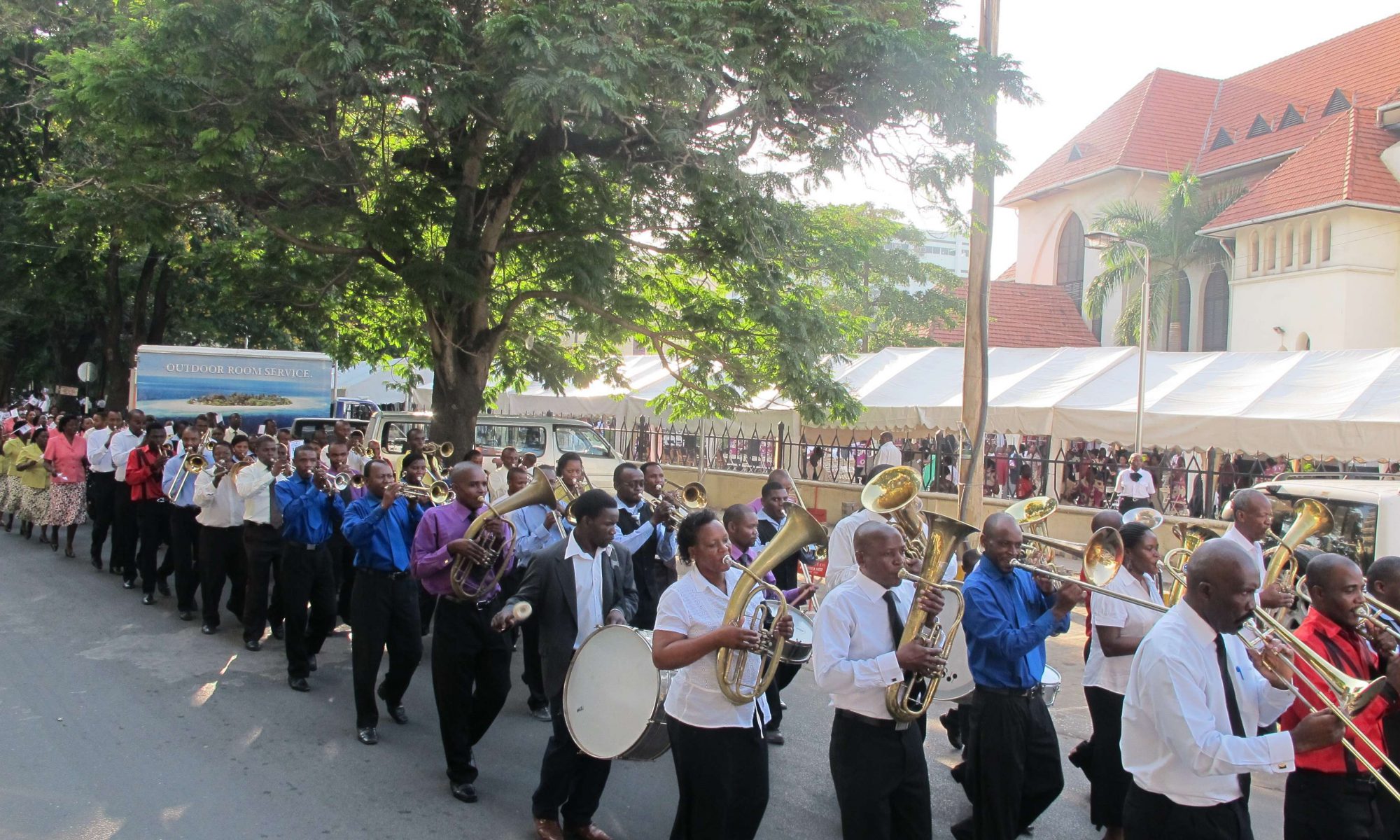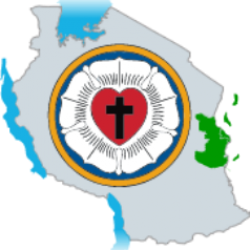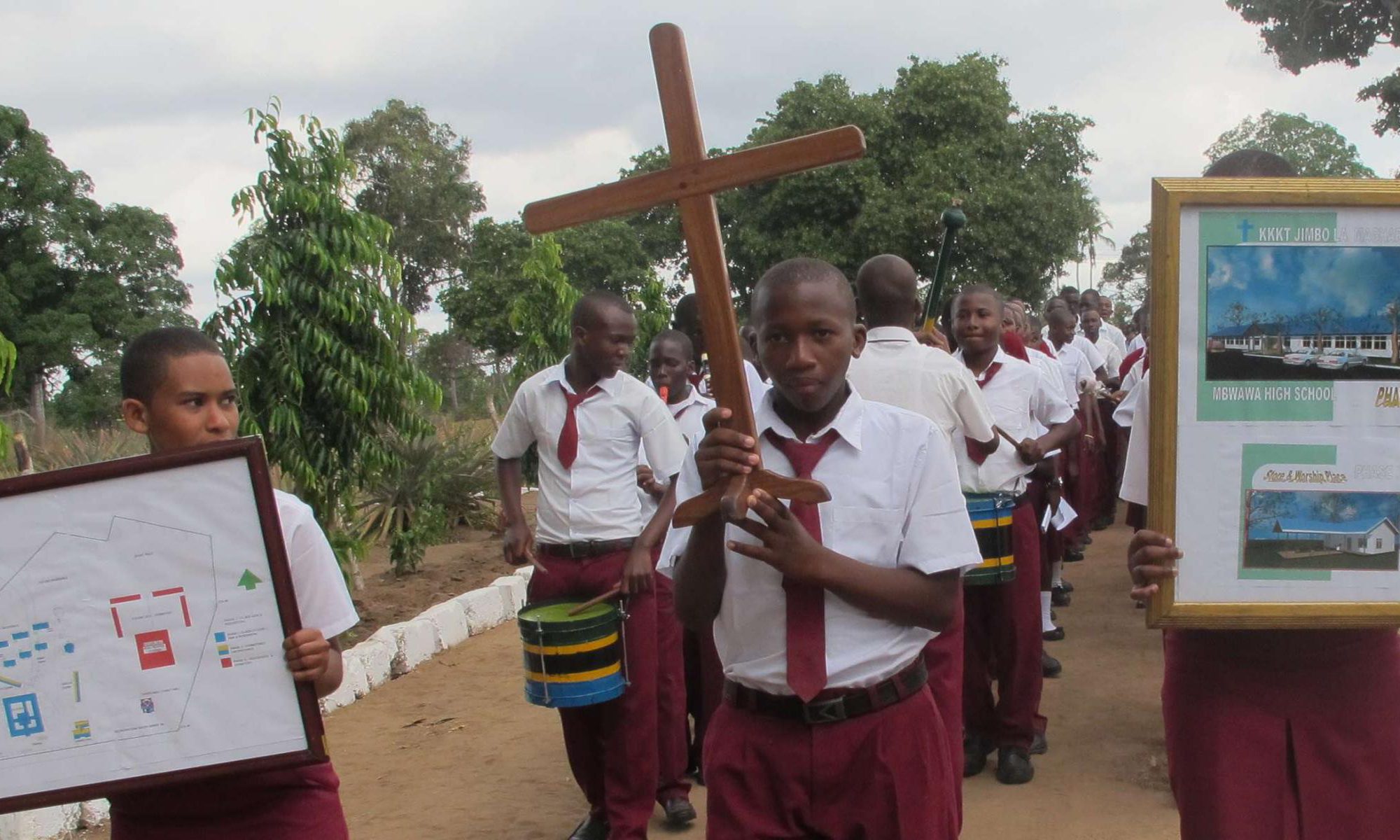The Diocese runs several institutions. The objectives of establishing these institutions are to enhance the main church work/activity of mission and evangelism; to compliment the mission and evangelism work; to improve the quality of life of people in the society and to strengthen the capacity and capability of the community.
• Evangelism and Mission Work.
Several programmes have been being conducted to spearhead Evangelism and Mission work in Dar es Salaam, Zanzibar and Coast Region, these include the following: Interfaith Program,Upendo FM Radio ,Upendo News paper, Upendo Television, Crusades, Door – to – door, evangelism and Diaconia.
• Poverty Reduction Initiatives.
The poverty trend in Tanzania is alarming. Majority (Believers and non- believers) live below the poverty line. The Government has set many policies such as (Tanzania Development Vision 2025, MKUKUTA, Kilimo Kwanza, and Five Year Development Plan 2012-2016) to reverse the situation. ECD is complementing the government efforts through the following interventions:
Establishment of Saving and Credit Cooperative Societies for Widows and ECD – Staff.
Establishment of Village Community Banks (VICOBA) – Sponsored by Norwegian Church Aid (NCA). Seventy 94 Banks (with 1776 members) were established by September 2013.
Also, ECD has established its own Community Bank in the year 2013 (MAENDELEO BANK LIMITED) that will help the community access loans under affordable conditions so as to fight abject poverty.
Youth Agricultural (Shamba Langu = My farm) Project – The urban jobless church youths are taken to rural setting where they are taught how farming is done and are then provided with a piece of land to produce and earn their living. Forty percent of their produce is brought back to the project management (for the sake of its sustainability) and sixty percent remains under their control.
Note: ECD needs to strengthen its work on poverty reduction in areas under its scope since most of community members are very poor and have little knowledge particularly on alternative ways of income generation so as to tape the untapped resources surrounding them.
• Good governance and Accountability.
ELCT – ECD in partnership NCA has established 12 Public Expenditure Tracking Systems (PETS) committees (4 in Rufiji and 8 in Pemba Island) the aim being to track the use of public finance and hold corrupt leaders accountable for their deeds; increase transparency and community access to information. The work of these committees has revealed the need for more committees and capacity building regarding good governance, accountability. So, much more work is required to done in areas under project coverage and its neighborhoods.
• Provision of Social Services.
ECD compliments the efforts of the Government of Tanzania in improving the welfare of its citizens through the provision of social services as shown below:
Education – The Diocese runs various educational institutions namely; Tumaini University Makumira – Dar es Salaam College; Mkuza Girls Secondary School; Mtoni Special School (For Mentally handcapped children); Mbwawa Secondary School. Kisarawe Lutheran Junior Seminar and Maneromango Bible and Home Crafts School.
Health Services – ECD owns seven health facilities which are: Mtoni Health Centre (Dar es Salaam); Mwanakwerekwe Dispensary (Zanzibar); Mjawa, Mwalusembe, Maneromango, Kisarawe, and Sangwe dispensaries (Coast Region). For the year 2011/12, the Diocese served a total of 34,433 patients in DSM and Coast Region alone!
• Environmental Conservation.
Environmental conservation is the World agenda. ECD through its Agro – Forestry Program has acquired about 512 acres of land for agro-forestry and horticulture. 43 acres have already been planted trees (Teak and eucalyptus grandis sp and mango trees). It is anticipated that, the program will not only contribute to environmental conservation but also, to empower the surrounding communities on agro-forestry practices. Further, the program will create employment opportunities to the neighborhoods – this is what we call Corporate Social Responsibility.
• Peace Building.
The ECD has been participating in maintaining peace in the country. In collaboration with Norwegian Church Aid, in the year 2009, the Diocese initiated the Interfaith MKUKUTA project whose purpose is to maintain peace among people of various religion and denominations particularly between Christians and Muslims. The two groups are brought together through entrepreneurial activities, sports and games, etc. To date, the Diocese has established an interfaith centre in Zanzibar whose aim is promote peace and denominational co-existence, and build capacity to the local community on conflict resolution. Also, interfaith committees have been established in Zanzibar and Pemba islands aiming at enabling peaceful lives among people of various religious backgrounds. These committees have proved to bring Christians and muslims closer than ever in Zanzibar and Pemba Islands despite their faith differences. So, the need for more committees is obvious.
• Disaster Management.
ECD participates in management of national disasters such as floods.
• Gender Based Violence (GBV): ECD has been running awareness creation on gender issues since 2009. During the next financial year, the plan is to establish paralegal centers in at least two districts so as to assist local communities with legal aid.
• Assisting the vulnerable groups in the Society such as widows, street children, orphans, People Living with HIV/AIDS and people with disability. Assistance provided is through training, counseling, grants and soft loans. For instance, about 76 mentally handicapped children are registered at Mtoni Diaconic Lutheran Centre which is in Dar es Salaam.


ELCT – Eastern and Coastal Diocese
Welcome and participate with our Diocese in serving the Christ Lord Jesus lovingly. John 12:26
